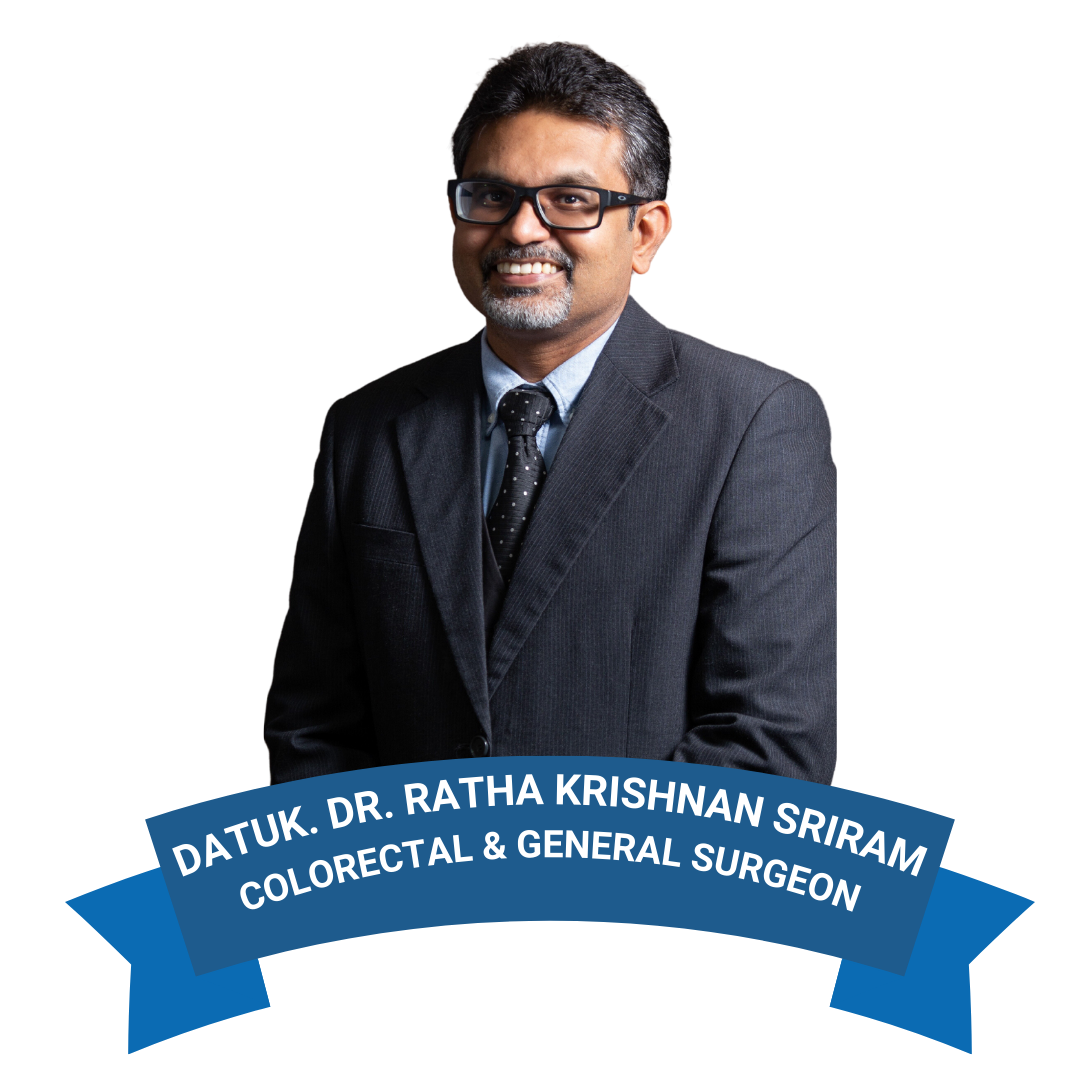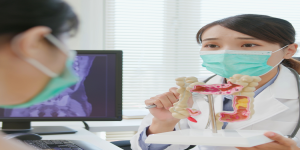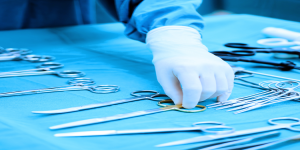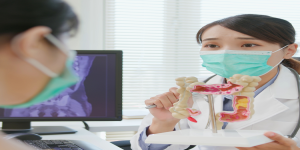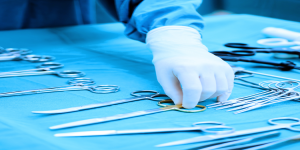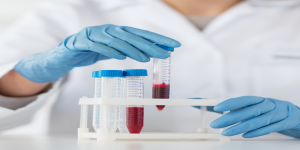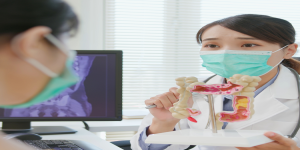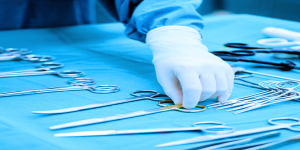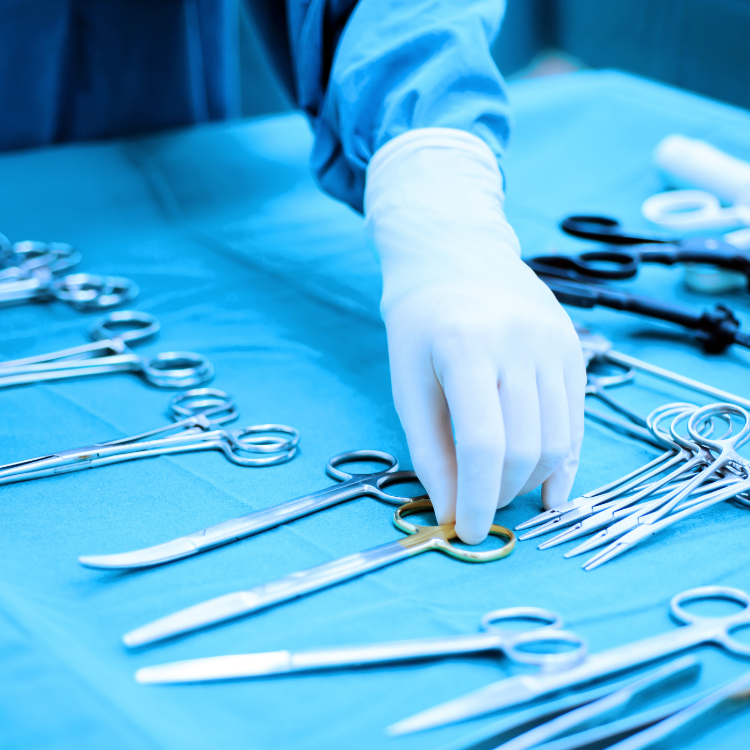
Pelvic floor disorders refer to a group of conditions that affect the muscles and connective tissues that support the pelvic organs, such as the bladder, uterus, and rectum. Treatment for pelvic floor disorders may involve physical therapy, medication, and surgery.
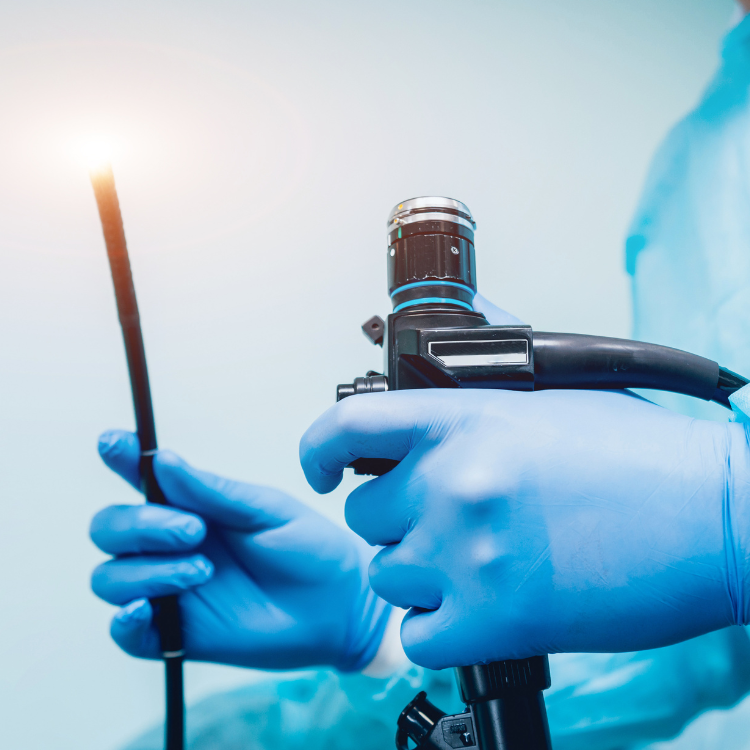
Constipation is a common gastrointestinal problem that affects millions of people worldwide. It is characterized by infrequent bowel movements, difficulty passing stool, and abdominal discomfort. Treatment for constipation may involve dietary changes, exercise, and medication. It is important to know the cause of the constipation. Treatments includes dietary changes, exercise, bio feedback and medication.
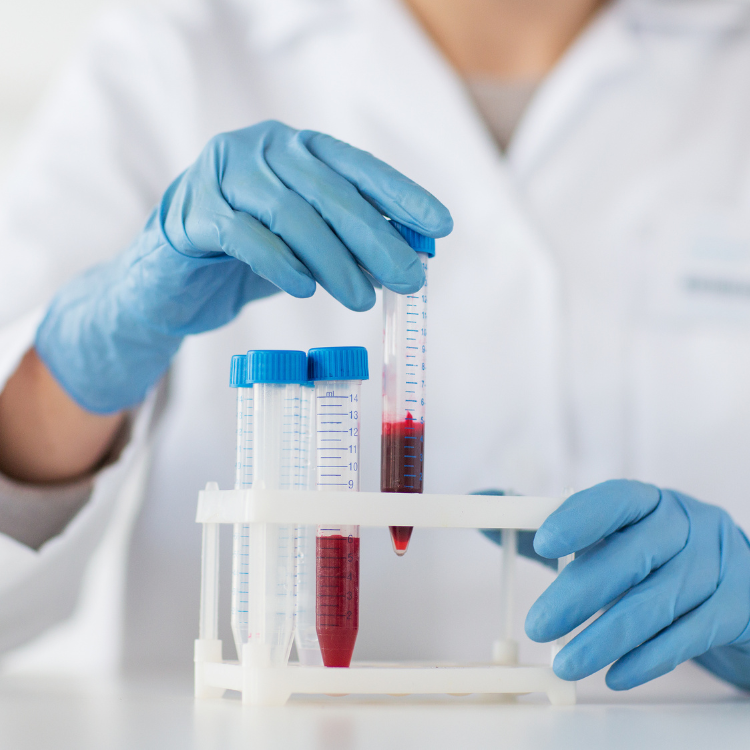
Inflammatory bowel disease (IBD) is a chronic inflammatory condition of the gastrointestinal tract that includes Crohn's disease and ulcerative colitis. Treatment for IBD involves medication, surgery, and lifestyle changes, depending on the severity and extent of the disease. This disease is usually managed in combination with gastroenterologist.
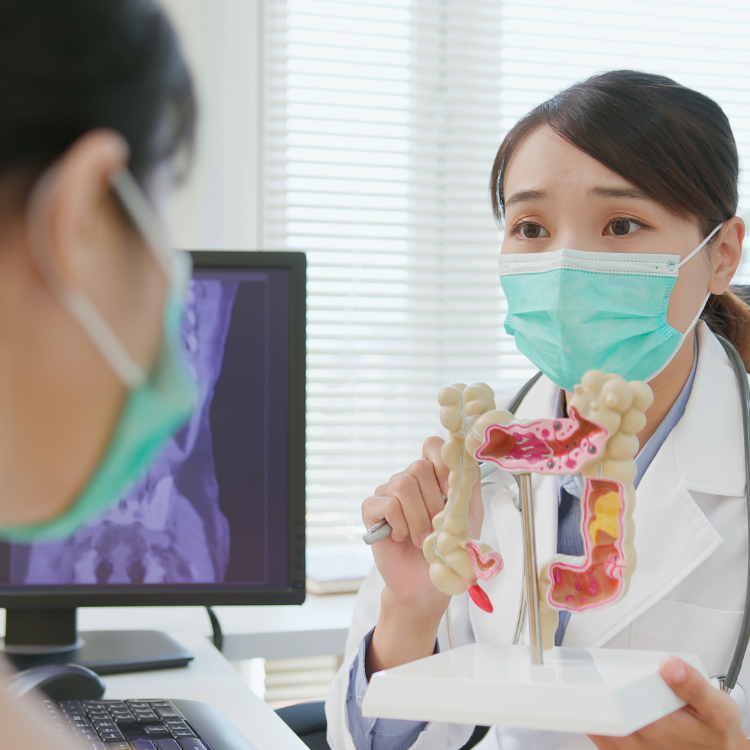
Diverticular disease is a common condition that affects the large intestine and is characterized by the formation of small pouches or diverticula in the intestinal wall. Most people with diverticulosis, the asymptomatic form of the disease, do not require treatment. However, those with diverticulitis, which involves inflammation or infection of the diverticula, may require antibiotics or surgery. Bleeding is also one of the complications of diverticular disease. Treatment depends on the severity of the bleeding.

